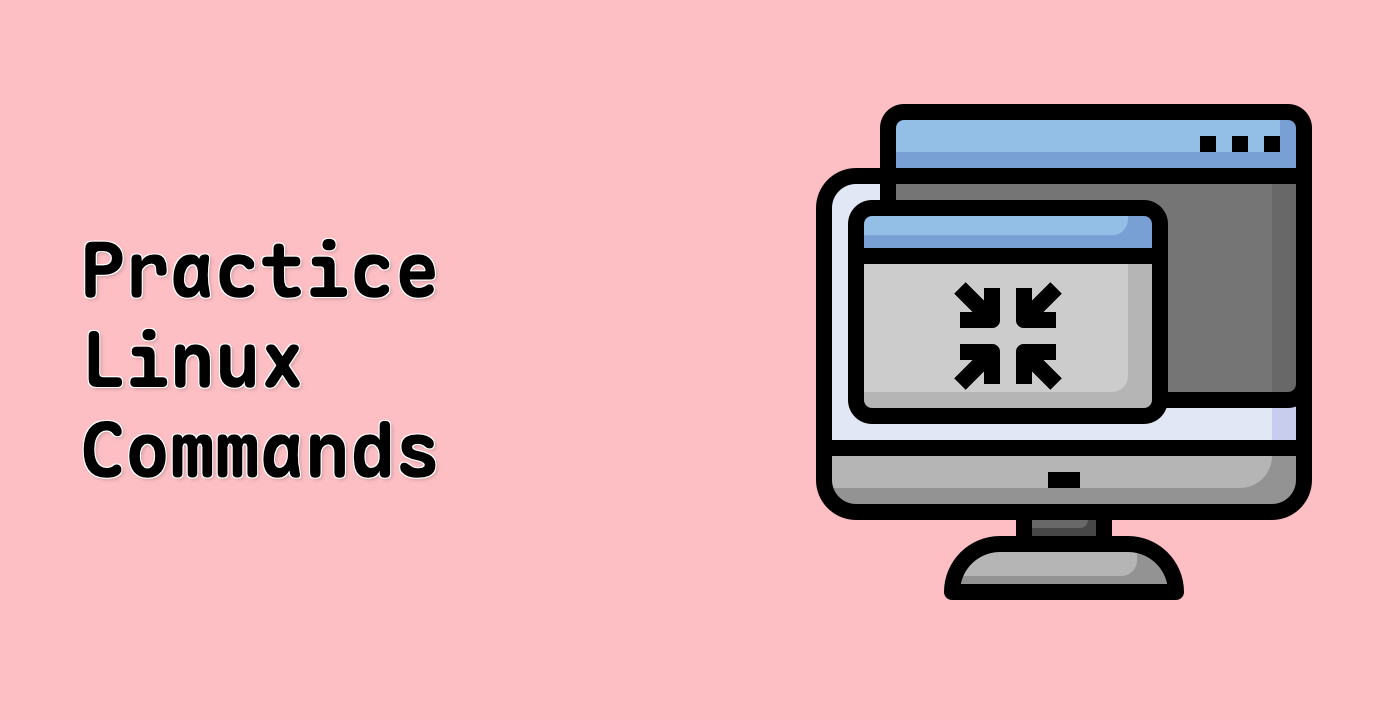Linux provides a variety of powerful command-line tools that can be used to manipulate and process JSON data. These tools include jq, sed, and awk, each with its own strengths and use cases.
The jq Command
The jq command is a powerful and flexible tool for parsing, filtering, and transforming JSON data. It allows you to extract specific fields, perform complex queries, and even modify the structure of the JSON data. Here's an example of using jq to extract the "name" and "email" fields from a JSON object:
echo '{"name": "John Doe", "age": 35, "email": "[email protected]", "hobbies": ["reading", "traveling", "gardening"]}' | jq '.name, .email'
Output:
"John Doe"
"[email protected]"
You can also use jq to filter and transform JSON data in more complex ways, such as selecting elements from arrays, performing calculations, and even generating new JSON structures.
The sed and awk Commands
While jq is a specialized tool for working with JSON data, you can also use more general-purpose tools like sed and awk to manipulate JSON. For example, you can use sed to replace specific values within a JSON object, or awk to extract specific fields.
Here's an example of using sed to replace the "age" value in a JSON object:
echo '{"name": "John Doe", "age": 35, "email": "[email protected]", "hobbies": ["reading", "traveling", "gardening"]}' | sed 's/"age": 35/"age": 40/'
Output:
{"name": "John Doe", "age": 40, "email": "[email protected]", "hobbies": ["reading", "traveling", "gardening"]}
In the next section, we'll explore more advanced techniques for flexible JSON filtering using these Linux tools.




